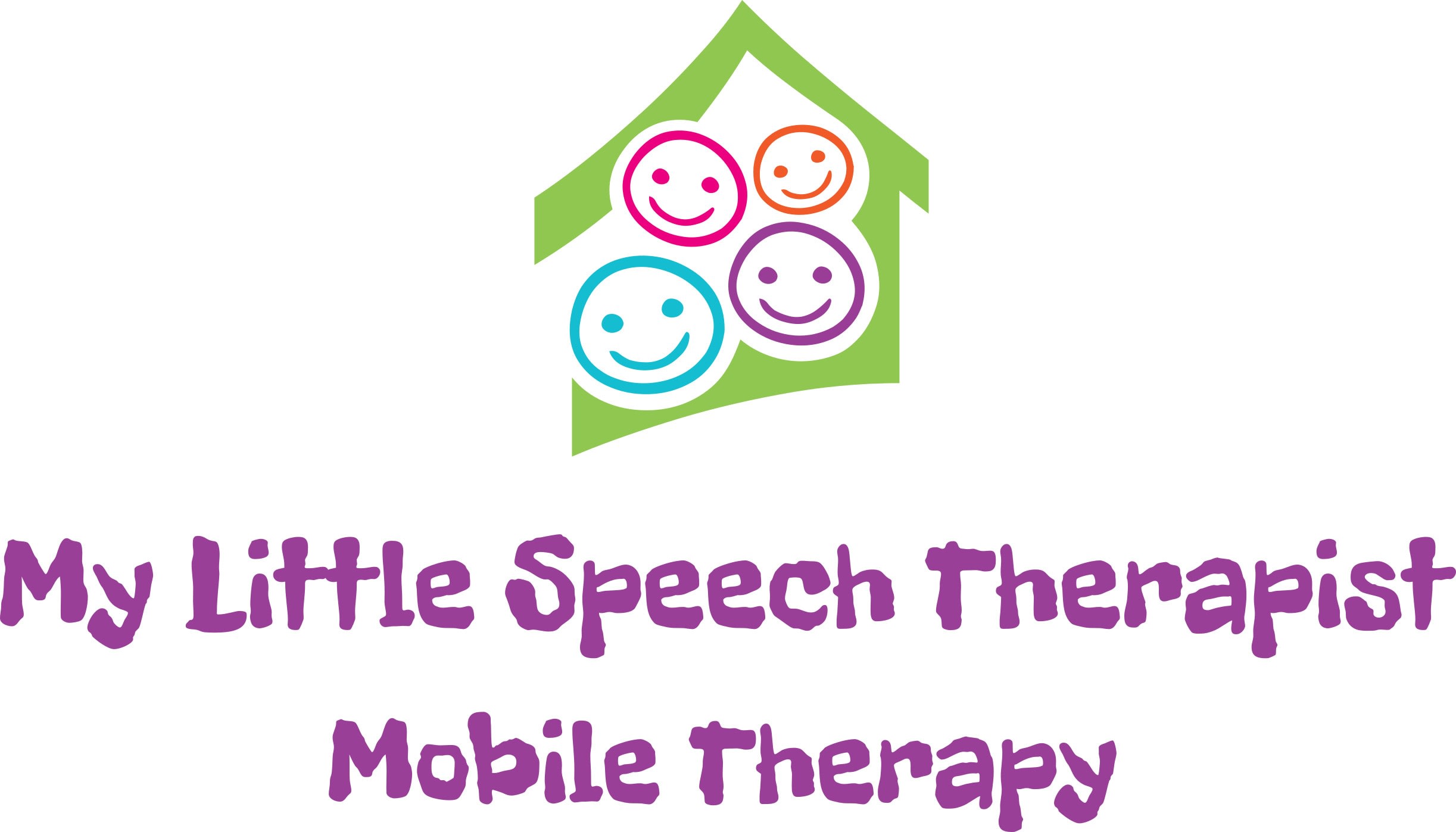Understanding the Importance of Early Language Development for Non-Verbal Toddlers

Posted on March 23, 2023
Language development is a crucial milestone in a child's growth and development. However, not all toddlers start talking at the same time, and some may be classified as non-verbal toddlers. These toddlers may face challenges in communicating their needs and emotions, and may also struggle with socialization. As a speech therapy business based in Tennessee, My Little Speech Therapist understands the importance of early language development for non-verbal toddlers. In this blog post, we will discuss the significance of early language development and the role speech therapy can play in helping non-verbal toddlers.
The Importance of Early Language Development:
Early language development is crucial for several reasons. It lays the foundation for future cognitive, social, and emotional development. Research shows that language development is closely linked to academic success, with children who have strong language skills more likely to perform well in school. Additionally, early language development is crucial for building strong relationships with family members and peers.
Non-verbal toddlers may face challenges in achieving these milestones, as they struggle to communicate their needs and interact with others. This can lead to frustration, isolation, and delayed development. Therefore, it is important to identify non-verbal toddlers early on and seek help.
Signs of Non-Verbal Toddlers:
Non-verbal toddlers may display a variety of signs, including a lack of babbling, limited gestures, and minimal use of words. They may also struggle to imitate sounds and words, and have difficulty understanding simple instructions. These signs can be a cause for concern, and parents should seek professional advice if they notice any delays in their child's language development.
The Role of Speech Therapy:
Speech therapy is an effective way to support the language development of non-verbal toddlers. A speech therapist can help identify the underlying causes of delayed language development and develop an individualized treatment plan to address them. This plan may include techniques to stimulate speech production, such as play-based activities and modeling of sounds and words.
Speech therapists may also work on building communication skills, including nonverbal communication, such as gestures and facial expressions. This can help non-verbal toddlers better express their needs and emotions, leading to improved socialization and reduced frustration.
Speech therapy may also include family involvement, with therapists providing parents with tools and strategies to support their child's language development at home. This can include incorporating language-rich activities into daily routines and providing positive reinforcement for language use.
Conclusion:
Early language development is crucial for non-verbal toddlers, and speech therapy can play a significant role in supporting this development. Parents should be aware of the signs of delayed language development and seek professional advice if necessary. At My Little Speech Therapist, we understand the importance of early language development and provide individualized treatment plans to support the language development of non-verbal toddlers. If you have concerns about your child's language development, please don't hesitate to contact us.
Contact Us
Send a Message
If you want to book an appointment or have any inquiries, fill out the form below to get in touch.
